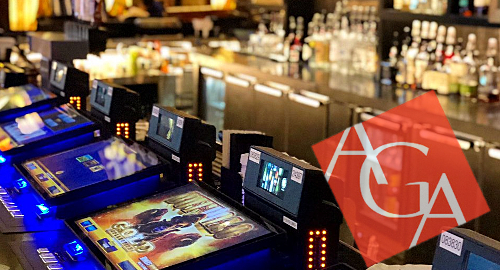ActiveWin Media Group has announced that it will support gambling brands during the Covid19 crisis by offering free auditing services for PPC, display media, SEO, social, CRM, and live chat reviews to help sportsbook operators, game developers, virtual sports, and white-labels. Furthermore, monthly PPC management fees are waived for the first month of activity, with reduced costs for the following two months for new clients to ease the economic impact of global lockdowns.
Marketing Director Mark Baker said: “Digital engagement is now critical for the survival of betting sites. Since we offer a full suite of digital options, we can share expertise beyond PPC and affiliate marketing. Our speciality is multi-channel campaigns that work in conjunction with each other for acquisition and retention, taking a holistic approach to how a brand performs across all player touchpoints. In-house experts execute the majority of our work instead of relying on automated third-party services to make strategic decisions, so if brands glean even a small advantage from our advice, we consider it a win.”
ActiveWin has grown exponentially within sportsbook, casino, bingo, and competition sites over the past six years. The recent impact on retail and sports has had a knock-on effect across the business. However, the diversity of the Group companies is helping to bolster divisions that have felt the economic squeeze more than others.
MD Warren Jacobs added: “Our initial priority was to do everything we possibly could for our brand partners like Betfred and Kerching once the lockdown hit. Immediately, we collaborated with clients to support them in every way we could. My team has executed the strategies beautifully, and we are on stable ground.







